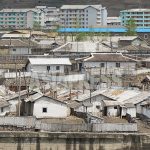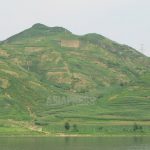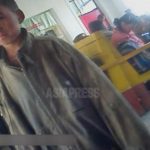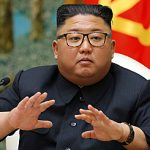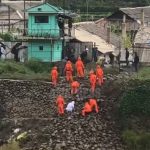◆Enrolling in an insurance program to prove loyalty to the state
According to the reporting partner, "At inminban (local political unit) meetings, we are told to enroll in the insurance program as a show of patriotism. We are not told any information about the contents of the insurance plan or its supposed benefits. We know that our loyalty to the state and our leader is being judged, so everybody apart from those who are clearly too poor to do so, has enrolled in the program. We know the state has no money, so we view it as making a sacrifice for the nation.”
The cost of this sacrifice, though, a premium of 2,000 won per month (230 South Korean won), is simply too high for many to pay. According to the reporting partner, “inminban leaders are acting like debt collectors, making people quite upset.”
Those who enroll in the insurance plan are given a “household property insurance card” that summarizes the policy conditions and benefits but, as the reporting partner explained, “No one has heard of anyone actually receiving payments through the insurance plan.”
◆With no fuel, military forced to use ox-drawn carts
The reduction of imported foreign currency has greatly impacted the regime’s treasury, as can be seen through ASIAPRESS surveys. Further evidence of this funding gap, however, can be found through a study of the North Korean government’s failing national programs, listed below:
▪ Distribution of new national ID cards, which began in late 2017, took until February 2019 to complete
▪ The tradition of distributing special rations to celebrate North Korea’s founding or the birthdays of its leaders, was discontinued after the anniversary of Kim Il-sung’s birthday in April of last year
▪ Construction of the Samjiyeon Special Tourist Zone at the foot of Mt. Baekdu, labeled by Kim Jong-un as a top priority national project, has been delayed due to financial difficulties. Due to sanctions, the project ran out of rebar and other necessary materials.
▪ Due to financial difficulties and soaring fuel prices, military units are forced to use ox-drawn carts or charcoal-fueled vehicles to transport supplies.
▪ From November last year, the electricity supply for residents across vast northern regions has been cut off almost entirely.
- <Inside N. Korea> Stomach-turning Tradition: Citizens Called Upon to Collect Compost of their Own Making for Collective Farms
- Kim Jong-un regime wary of 'adverse effects' of inter-Korean exchange... Residents imprisoned for watching South Korean dramas
- <Kim Jong-un's visit to China> Behind the scenes of smuggling in North Korea
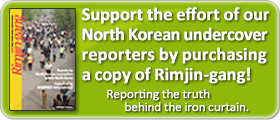 Editor’s notes on North Korean reporters
Editor’s notes on North Korean reporters
ALL REPORTS >>>
ARCHIVE(pdf) >>
DPRK MAP >>
